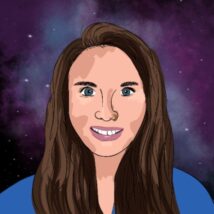
Maria Temming
Assistant Managing Editor, Science News Explores
Maria Temming is the Assistant Managing Editor at Science News Explores. Maria has undergraduate degrees in physics and English from Elon University and a master's degree in science writing from MIT. She has written for Scientific American, Sky & Telescope and NOVA Next. She’s also a former staff writer at Science News.

All Stories by Maria Temming
-
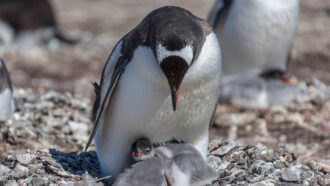 Animals
AnimalsLet’s learn about animals’ bizarre sleep schedules
From reindeer that snooze while chewing to penguins that take thousands of naps each day, the animal kingdom has some truly weird sleep patterns.
-
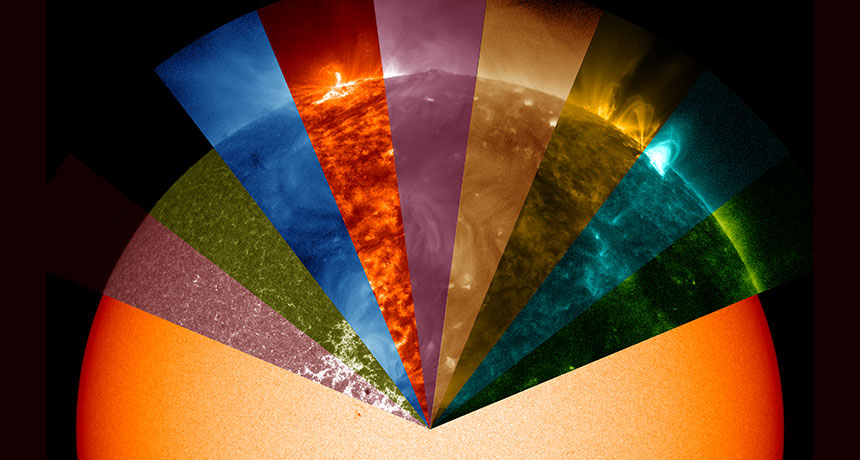 Space
SpaceScientists Say: Corona
The sun’s corona can only be seen without special instruments during a total solar eclipse.
-
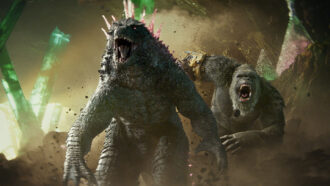 Animals
AnimalsLet’s learn about Godzilla and King Kong
These blockbuster monsters are too big to exist. But if they were real, what adaptations would each bring to battle?
-
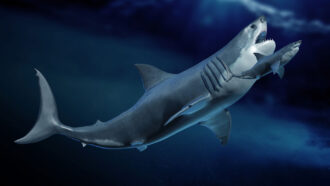 Animals
AnimalsScientists Say: Megalodon
The extinct megalodon (Otodus megalodon) was the largest shark to ever prowl the oceans.
-
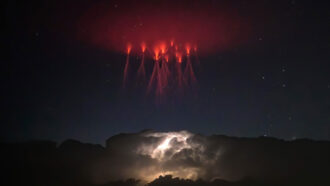 Earth
EarthExplainer: Sprites, jets, ELVES and other storm-powered lights
Fleeting glows collectively known as “transient luminous events” flash in the skies above powerful lightning storms.
-
 Microbes
MicrobesLet’s learn about useful bacteria
Bacteria do many useful jobs almost everywhere on Earth, from the soil to the seafloor to our stomachs.
-
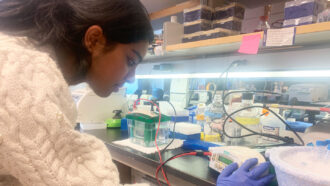 Health & Medicine
Health & MedicineFamily, friends and community inspired these high school scientists
When looking for research ideas, listen to the people around you. What problems are they facing? What could you do to help?
-
 Brain
BrainScientists Say: Confirmation Bias
Confirmation bias is the tendency to seek out and believe information that agrees with what we already think.
-
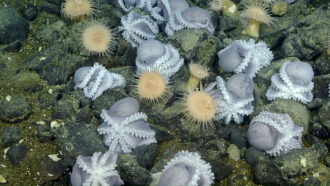 Animals
AnimalsHere’s why thousands of octopuses gather at the ‘Octopus Garden’
Underwater cameras and other instruments investigated why so many pearl octopuses gather here to mate and nest.
-
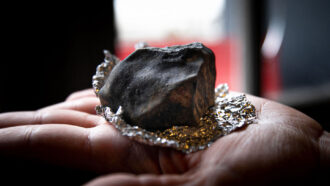 Space
SpaceLet’s learn about meteorites
Meteorites are bits of space rock that have crash-landed on Earth — or on another celestial body.
-
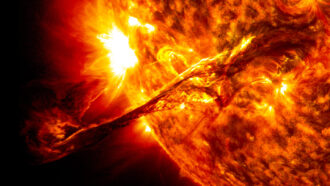 Space
SpaceScientists Say: Solar Cycle
This roughly 11-year cycle in the sun’s activity can affect space weather that messes with Earthly technology.
-
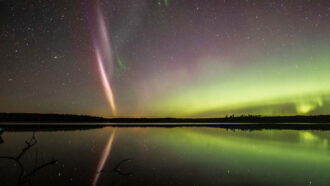 Earth
EarthThe weird sky glow called STEVE is really confusing scientists
Researchers are trying to figure out the recipe of atmospheric conditions that creates this aurora-like light show.